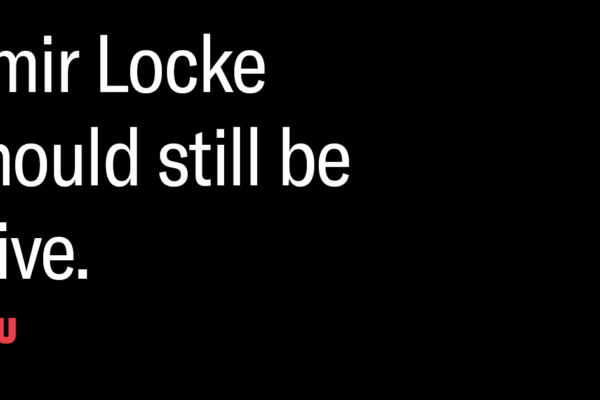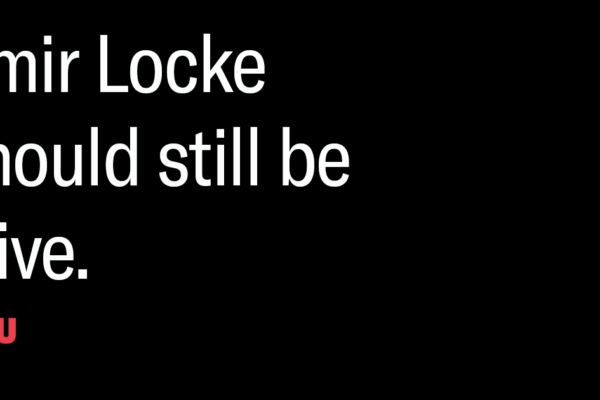The ACLU of Minnesota joins the NAACP and other civil rights groups in calling for the immediate firing of the Minneapolis police officer who killed Amir Locke. The officer must be held accountable for using more than objectively reasonable force under the circumstances, violating MPD’s own policies.
MPD Policy states, “(A)n officer in the line of duty is justified only if an objectively reasonable officer would believe, based on the totality of the circumstances known to the officer at the time and without the benefit of hindsight, that such force is necessary to protect the peace officer or another from death or great bodily harm, provided that the threat: can be articulated with specificity by the law enforcement officer; is reasonably likely to occur absent action by the law enforcement officer; and must be addressed through the use of deadly force without unreasonable delay.”
The bodycam footage and other publicly released information about the incident show Locke (who was not the subject of the warrant) appearing to be abruptly awakened from sleeping on the couch by the police officers’ no-knock entry into the apartment, that he was likely startled by their presence as any reasonable person would be, that he had a gun, and that one of the MPD officers shot and killed him just nine seconds after entering the apartment. Locke did not point the gun in the direction of the officers behind him, did not have his finger on the trigger, and never threatened to use the gun against any of the MPD officers.
Under MPD Policy, the officer must be able to articulate with specificity why they believed that Locke was going to shoot them with the gun and that belief must be objectively reasonable under the circumstances. The officer has failed to provide such a statement. The officer’s actions were not objectively reasonable under the circumstances. None of the other officers held this same belief or acted in the same manner. Only one of the officers shot their gun – that officer should be fired.
The mere fact that Locke owned, possessed, held, or otherwise handled a gun in the presence of officers does not in itself justify his killing. MPD officers might have felt threatened or genuinely feared for their lives when encountering Locke because he had a gun, but that belief or fear was not objectively reasonable under the circumstances. A Black man in America is entitled to the same gun rights and privileges afforded to white people, to every person. It seems to us, however, that Locke was killed because he was a Black man with a gun.
If the officer prioritized the “sanctity of life” as set forth in MPD policies, Locke would likely still be alive today. Locke unnecessarily and prematurely lost his life. The officer who killed Locke should lose his job.
#30#
Related Content

ACLU-MN Statement calling for no-knock ban, more footage, transparency in MPD killing of Amir Locke

ACLU-MN Statement on the Police Shooting of Amir Locke

ACLU-MN Calls for Changes to State Law on Police Use of Force, Renews Call for Statewide No-Knock Warrant Ban Following Amir Locke Killing
Stay Informed
Sign up to be the first to hear about how to take action.
By completing this form, I agree to receive occasional emails per the terms of the ACLU’s privacy statement.
By completing this form, I agree to receive occasional emails per the terms of the ACLU’s privacy statement.

